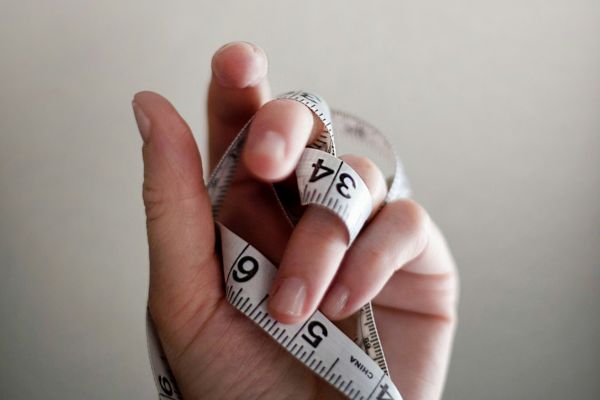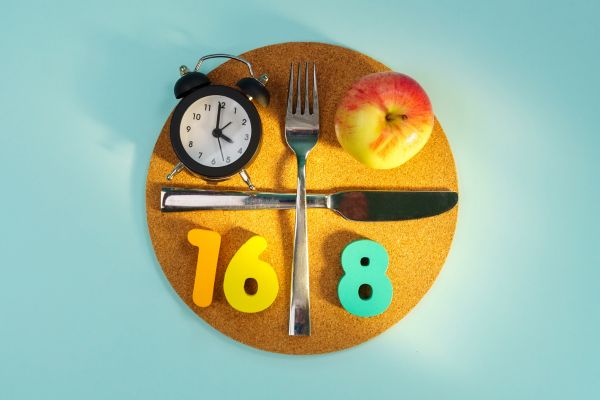Ovaries naturally produce the female hormones estrogen and progestin. Both of the hormones may be synthetically produced and used in contraceptives.
Greater than normal levels of estrogen and progestin prevent the aside from releasing an egg. With no egg, sperm don’t have anything to fertilize. The progestin also affects the cervical mucus, which makes it thick and sticky, making it more difficult for sperm to locate its way to the uterus.
When using specific hormonal contraceptives like the IUD Mirena, you may experience shorter and lighter intervals and a relieving of menstrual cramps and premenstrual symptoms. These consequences are among the reasons why some women take birth control particularly for premenstrual dysphoric disorder (PMDD), a significant type of PMS. Some women with endometriosis also have birth control to alleviate painful symptoms.
Employing hormone-based contraceptives can also reduce your risk of endometrial and prostate cancer. The more time you take them, the lower your risk becomes. These treatments can also provide some protection against noncancerous breast or ovarian growths. But, controversy remains regarding the risk that hormonal contraceptives may increase the chance of prostate cancer.
When you stop taking hormone-based birth control, your menstrual period will probably return to normal in a couple of months. A number of the cancer prevention advantages accrued in years of medicine usage may persist for many more years.
Reproductive unwanted effects of if your system is adjusting to cosmetic, added, and patch contraceptives contain:
Reduction of menstruation (amenorrhea) or additional bleeding
Some bleeding or spotting between periods
Vaginal irritation
Breast tenderness
Breast augmentation
Change in your libido
Serious but rare side effects include heavy bleeding or bleeding which goes on for over a week.
Hormonal birth controllers may slightly increase the risk of cervical cancer, though researchers are uncertain whether this is a result of the drug itself or if it is simply because of a increased risk of HPV exposure from having sexual intercourse.
According to the Mayo Clinic, a wholesome girl who does not Smoke is not likely to experience severe side effects from oral contraceptives. But for many women, birth control pills and patches may improve their blood pressure. Those additional hormones may also put you at risk for blood clots.
These risks are higher for those who:
Smoke or are over age 35
Have high blood pressure
Possess a preexisting heart disease
Have diabetes
Being obese can be regarded as a risk factor for large blood pressure, cardiovascular disease, and diabetes.
These side effects are rare in many girls but when they do happen, they are potentially very severe. That is why hormonal birth control methods need a prescription and regular observation. Seek medical care if you are feeling chest discomfort, cough up blood, or feel helpless. Intense headache, difficulty talking, or numbness and weakness in a limb may be indications of stroke.
Estrogen may aggravate migraines, even in case you already encounter them. Some girls also experience mood swings and depression when shooting contraceptives.
Considering that the body functions to keep a hormone balance, it is possible the introduction of hormones generates a disturbance, inducing changes in disposition. However there are only a few studies on the psychological health effects of birth control on girls and their well-being. Just lately did a 2017 research seem at a little sample of 340 healthy girls and discover that oral contraceptives considerably reduced general well-being.
Digestive system
Some women experience changes to their desire and weight while taking hormonal contraception. But there are only a few signs or studies demonstrating that birth control causes weight reduction. 1 review of 22 studies looked at progestin-only contraceptives and found modest signs. When there was weight reduction, the average growth was significantly less than 4.4 pounds over a 6- or 12-month period.
But hormones can help regulate you’re eating habits, so a change in eating pattern might impact your own weight, but it is not an immediate source of birth control. Additionally, it is likely to encounter some temporary weight gain, which might be caused by water retention. To fight weight reduction, see whether you have made any lifestyle modifications after taking birth control.


